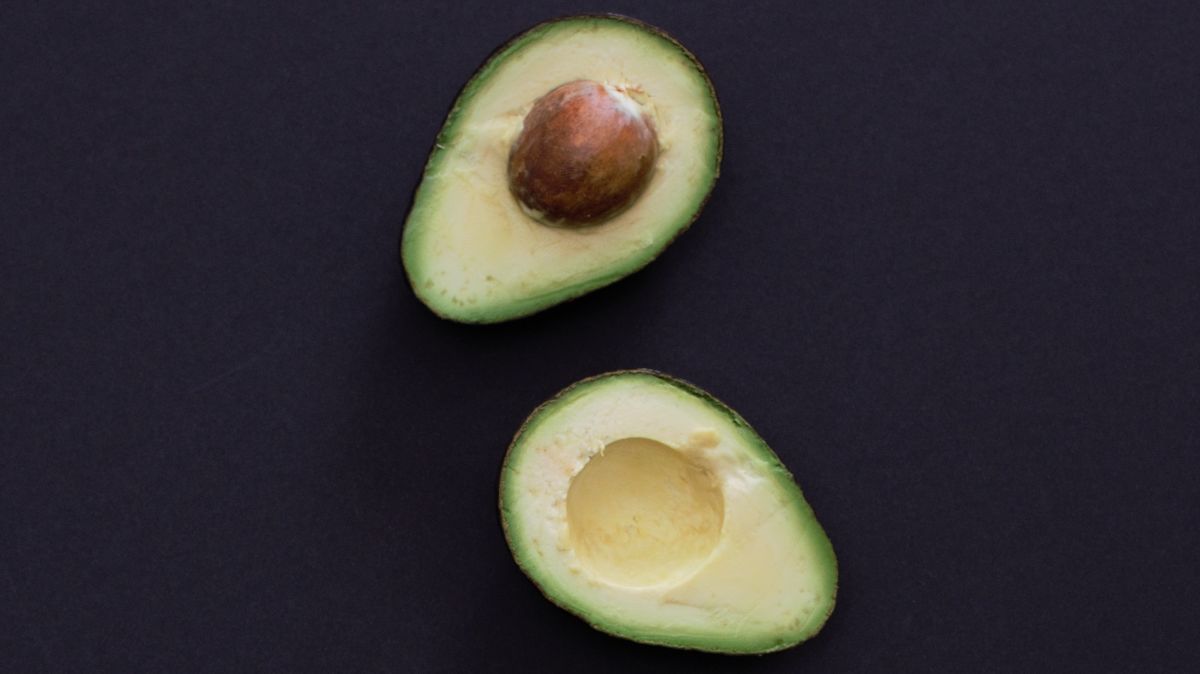Vitamin E (Tocopherol)

It is theorized that based on vitamin E's role in the body as an antioxidant, the vitamin may have promising potential in the fight against preeclampsia or preterm delivery. However, these claims remain controversial, and more research is necessary.
Further, despite its importance, it is not believed that vitamin E requirements are increased during pregnancy, and therefore supplementation is not currently recommended for any specific purpose during pregnancy.
Pregnant women should be able to obtain all vitamin E necessary through a varied diet. If women have any questions regarding their vitamin E status during pregnancy, or their overall nutrition, they should speak with their health care provider (HCP).
Background
Vitamin E was discovered in the 1920s when it was determined to be necessary for the protection of the reproductive system. More recent research indicates vitamin E is critical for embryonic growth – specifically the central nervous system – and may be present as a nutritive factor in the yolk sac.
As an antioxidant, vitamin E traps free radicals and prevents oxidative stress. Oxidative stress is linked to most reproductive and pregnancy-related disorders.
Oxidative stress: There is normally a balance between free radicals in the body and antioxidants to fight those free radicals. An imbalance, where there are more free radicals, can trigger inflammation and lead to the development of numerous diseases.
Oxidative stress during pregnancy is also the primary driver in research behind vitamin C supplementation, as well as vitamin E (which are often studied together).

Pregnancy
Vitamin E deficiency is generally not a concern for pregnant women, as there have been no definable symptoms or concerns regarding low vitamin E status during pregnancy.
No major concerns/birth outcomes have been conclusively linked to vitamin E, therefore supplementation is generally not recommended for any specific purpose. However, symptoms of vitamin E deficiency in general may include anemia or neuromuscular abnormalities.
Because of its antioxidant and anti-inflammatory properties, vitamin E (along with other antioxidants) has been hypothesized to protect against preeclampsia and preterm birth, which are linked to oxidative stress and infection.
In preeclamptic women, when blood pressure increases, a pregnant woman’s levels of vitamin E significantly decrease. However, studies with vitamin E supplementation have not been consistent on whether supplementation decreases preeclampsia risk.
Vitamin E is also frequently used for prevention and treatment of repeated miscarriage and preterm delivery in some populations of pregnant women, but this method is considered dated and not backed by current evidence. Other research has indicated vitamin E supplementation could cause these problems.
Based on inconsistent conclusions, there are currently no recommendations regarding safe vitamin E levels during pregnancy. Further, concerns exist about supplementation potentially causing abdominal pain and heavy bleeding; however, the minimum amount of vitamin E in which these effects may occur is not known.
Further, and although results are inconsistent, it is possible that an increased risk of congenital heart defects and development of childhood asthma may exist with vitamin E supplementation.
Recommended vitamin E intakes for pregnant women range from 10 to 30 milligrams (mg)/day, directly in line with most prenatal vitamins (the recommendation for non-pregnant women is 15 mg/day).
The average diet for a pregnant woman in the United States achieves about 3 to 9 mg/day of vitamin E, but can be improved with better, targeted food intake.
Although not recommended, vitamin E appears to be safe in dosages up to to 800 mg/day in non-pregnant adults, with the upper tolerable limit set at 1,000 mg/day. High doses of vitamin E have not been adequately studied in human pregnancy and are not recommended.
Food Sources
Vegetable oils and nuts are the richest source of Vitamin E. Margarine, shortening, wheat germ, whole grains, cereals, some leafy green vegetables, meats, avocado, and seeds also contain high levels of vitamin E.

Action
According to current research, vitamin E supplementation is not necessary during pregnancy (beyond a prenatal vitamin) and vitamin E deficiency during pregnancy is not a common concern.
Women should also consider having an overall discussion with their provider regarding their nutrition, as well as an assessment of their current diet. HCPs are trained to look for areas in which women may be able to improve their nutrition during pregnancy based on vitamins/minerals they may be lacking.
Pregnant women should avoid vaping (and smoking tobacco) during pregnancy. Some vaping flavorings/oil ingredients may contain chemicals that can cause harm to either the mother or fetus during pregnancy (such as vitamin E). Read more detail here.
Women should not take any supplement on their own without first speaking to their HCP.
Resources
Vitamin E Fact Sheet (U.S. National Institutes of Health)